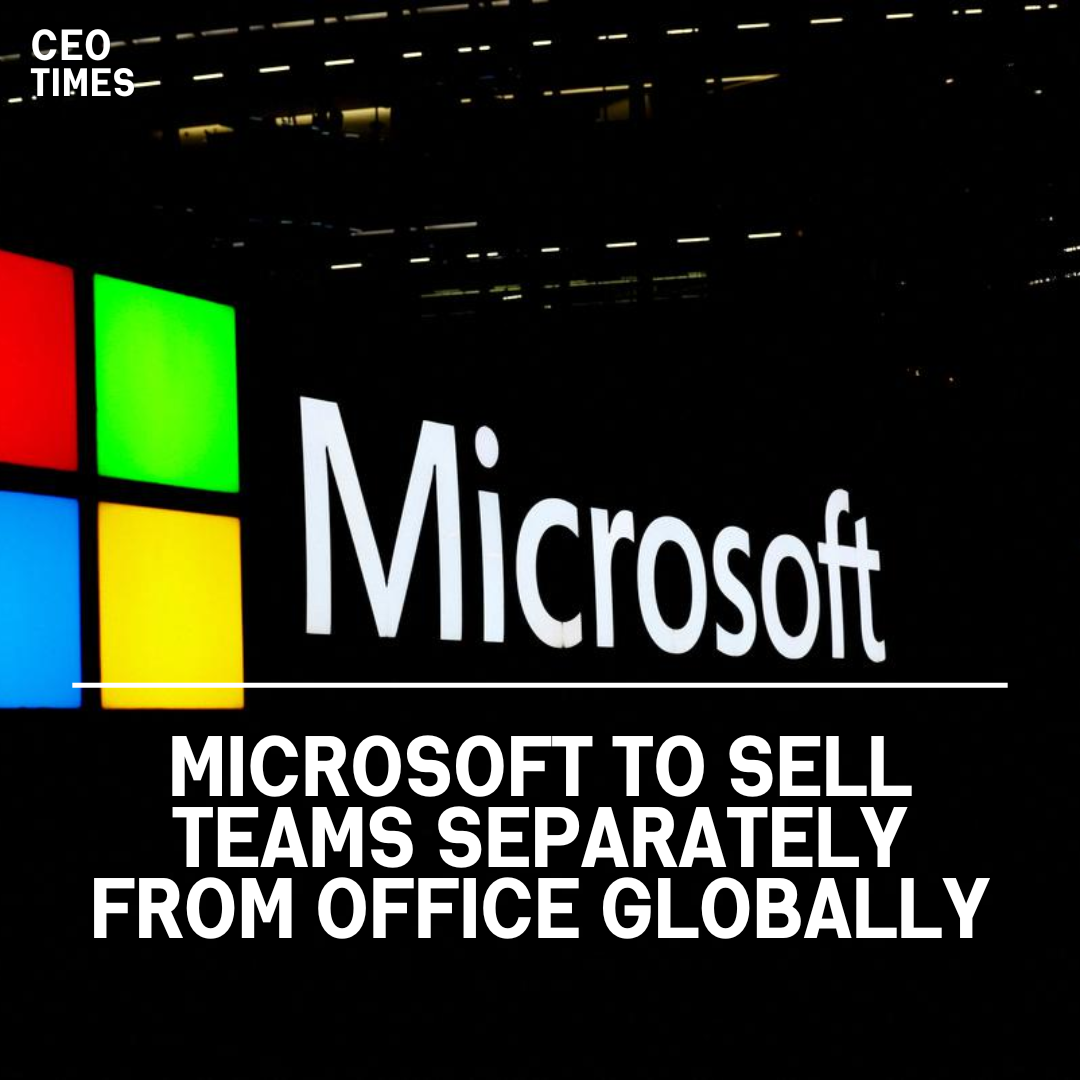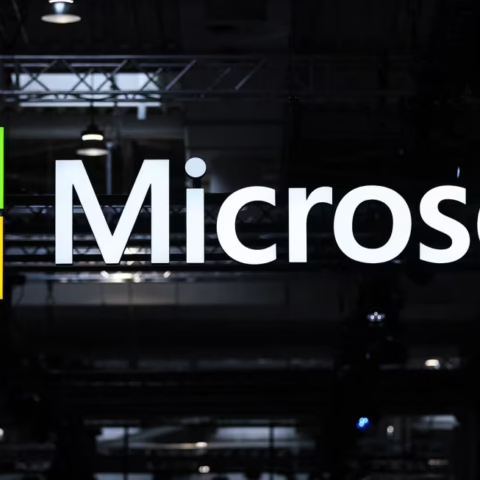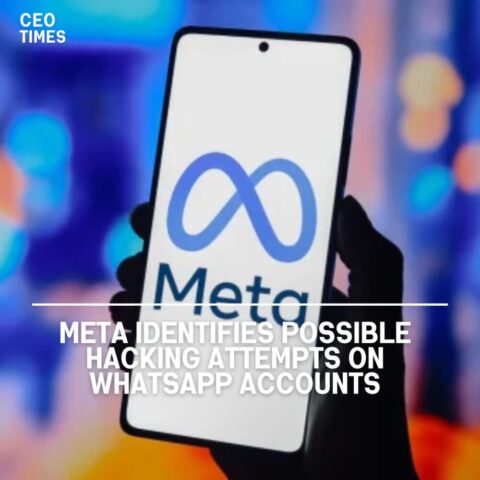Microsoft decided to sell its chat and video app Teams separately from its Office product globally, extending the unbundling strategy previously implemented in Europe to address antitrust concerns.
European Commission’s Investigation and Antitrust Concerns:
The European Commission has been investigating Microsoft’s tying of Office and Teams since a complaint filed by competing workspace messaging app Slack in 2020, highlighting concerns over unfair competition practices.
Teams, initially introduced as a free addition to Office 365 in 2017, gained popularity during the pandemic for its video conferencing capabilities, eventually replacing Skype for Business.
Response to Rival Complaints and EU Regulatory Pressure:
Rivals argued that bundling Office and Teams together gave Microsoft an unfair market advantage. Microsoft’s decision to sell the products separately globally aims to address these concerns and comply with EU regulations.
Microsoft extends the unbundling of Teams from Office 365 to customers worldwide, offering more flexibility in purchasing options and standardization across geographies.
Introduction of New Licensing Options and Pricing:
Microsoft introduces a new lineup of commercial Microsoft 365 and Office 365 suites that exclude Teams outside the European Economic Area (EEA) and Switzerland. These suites include standalone Teams offerings for enterprise customers in those regions. Pricing varies by product and country.
While Microsoft’s unbundling efforts may mitigate some antitrust concerns, EU regulators may still pursue charges, particularly regarding messaging service interoperability and pricing transparency.
Microsoft History with EU Antitrust Fines:
Microsoft has faced significant EU antitrust fines in the past decade, amounting to billions of euros, for product tying and bundling practices. The company risks further penalties if found guilty of antitrust breaches.




















